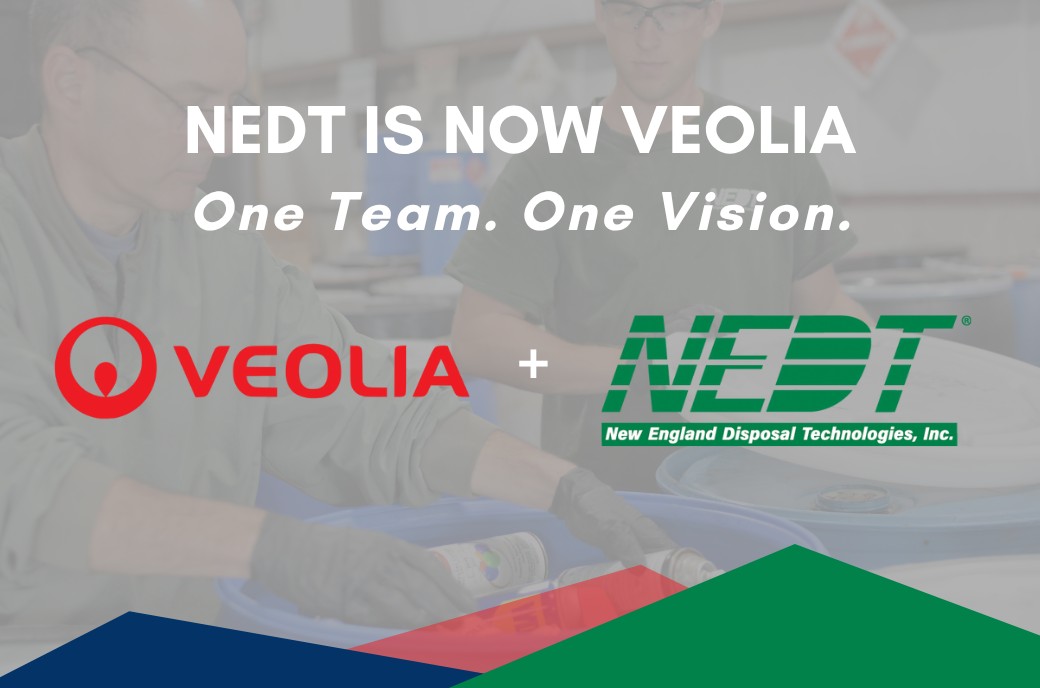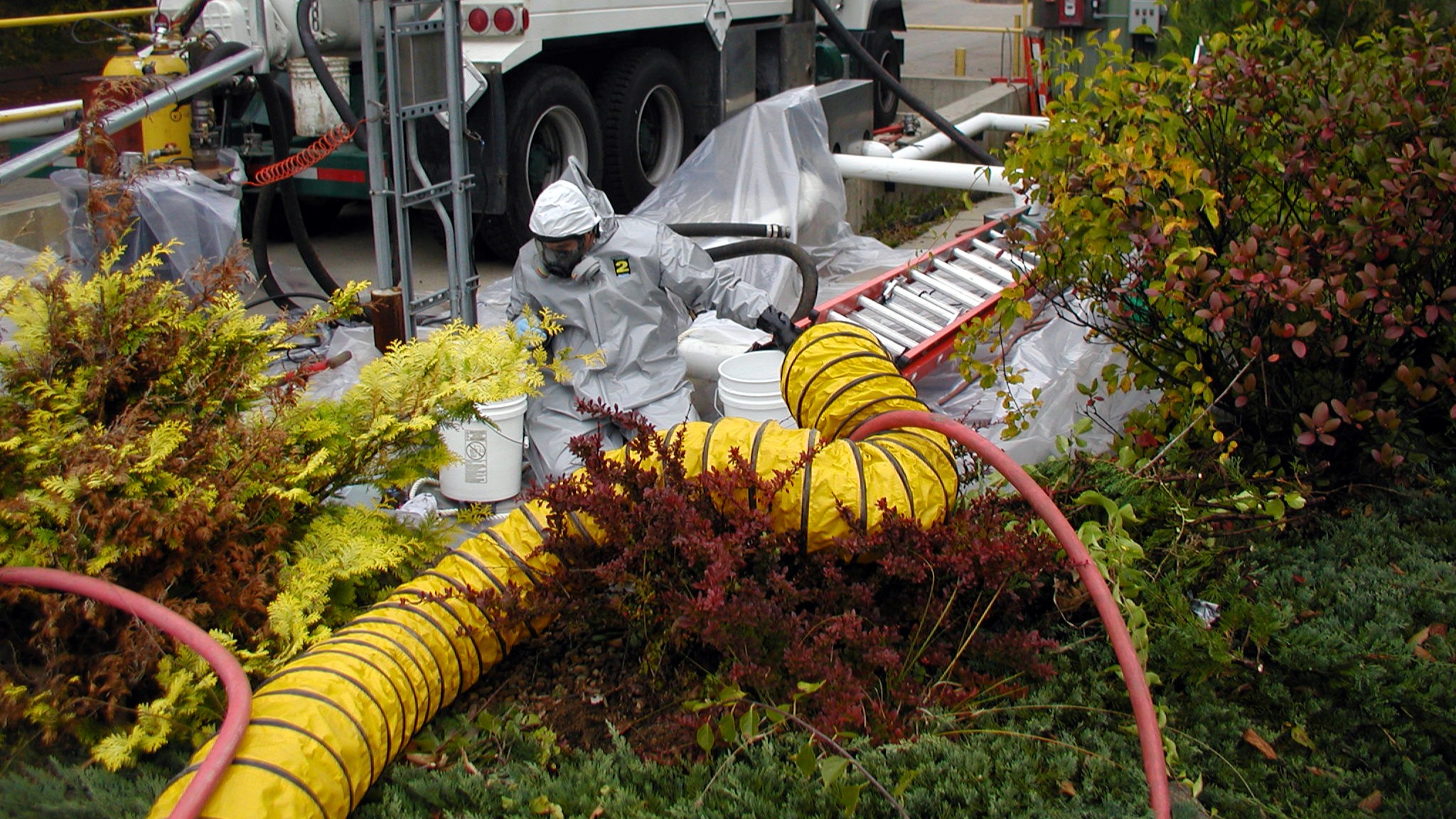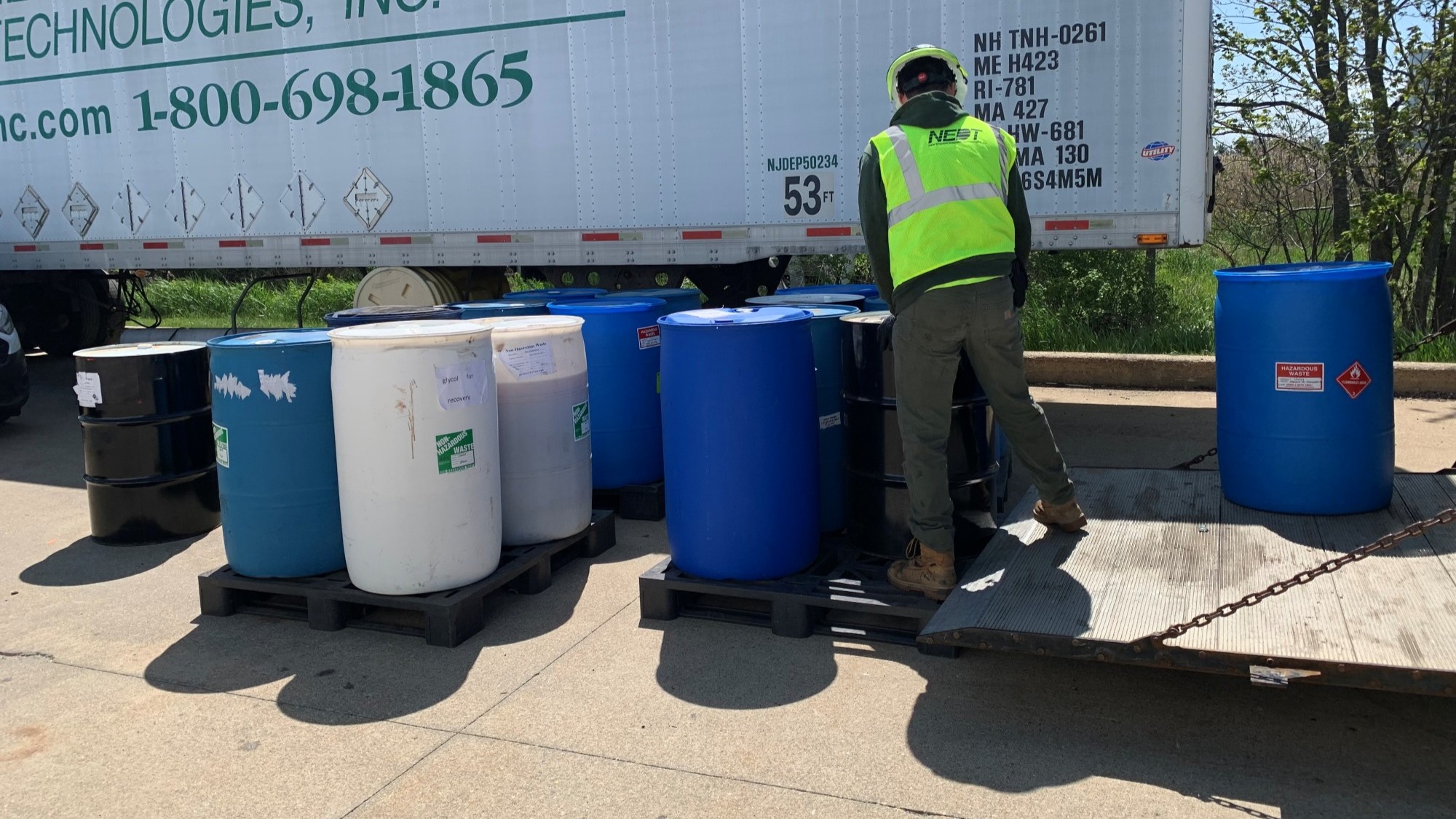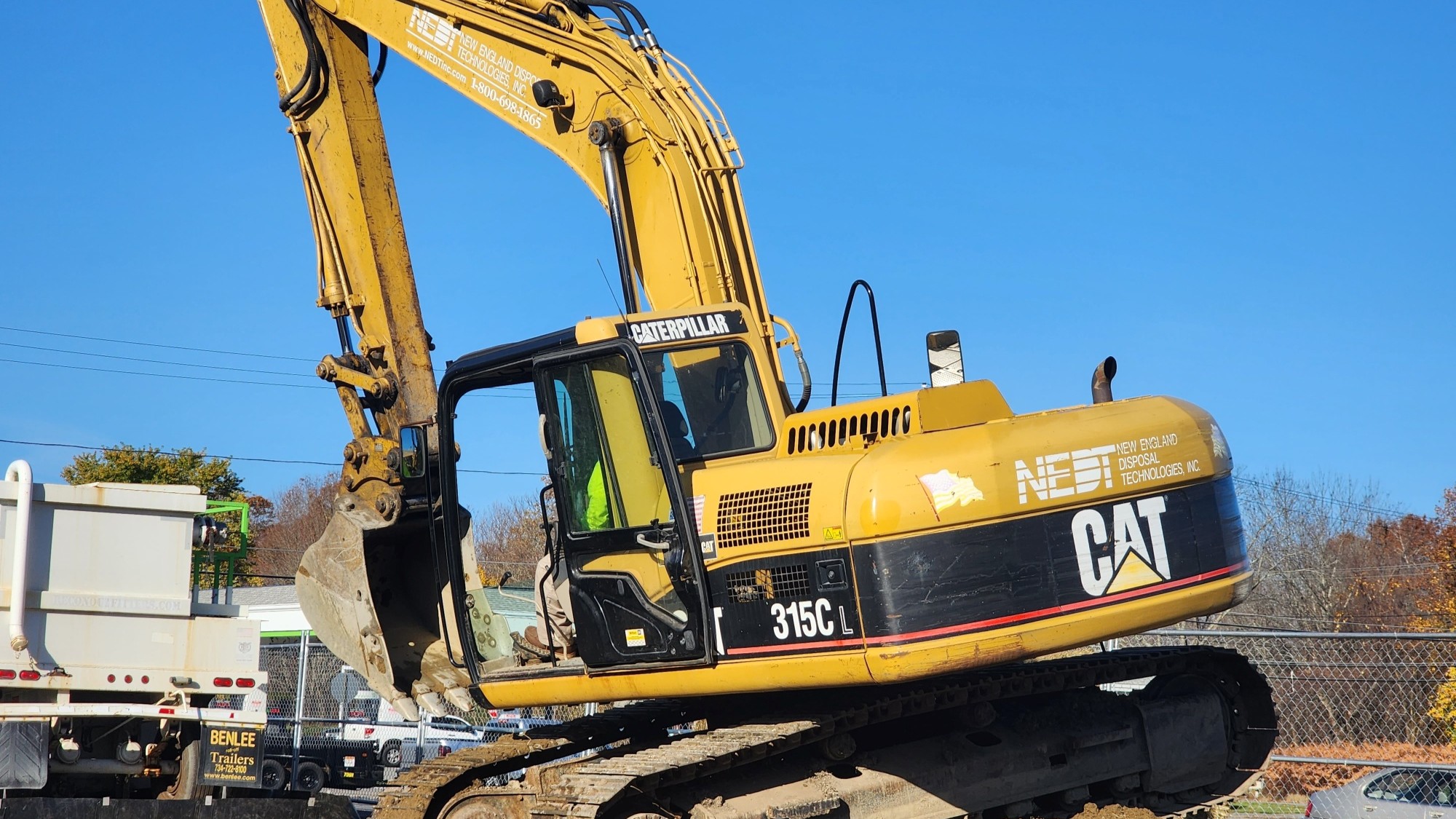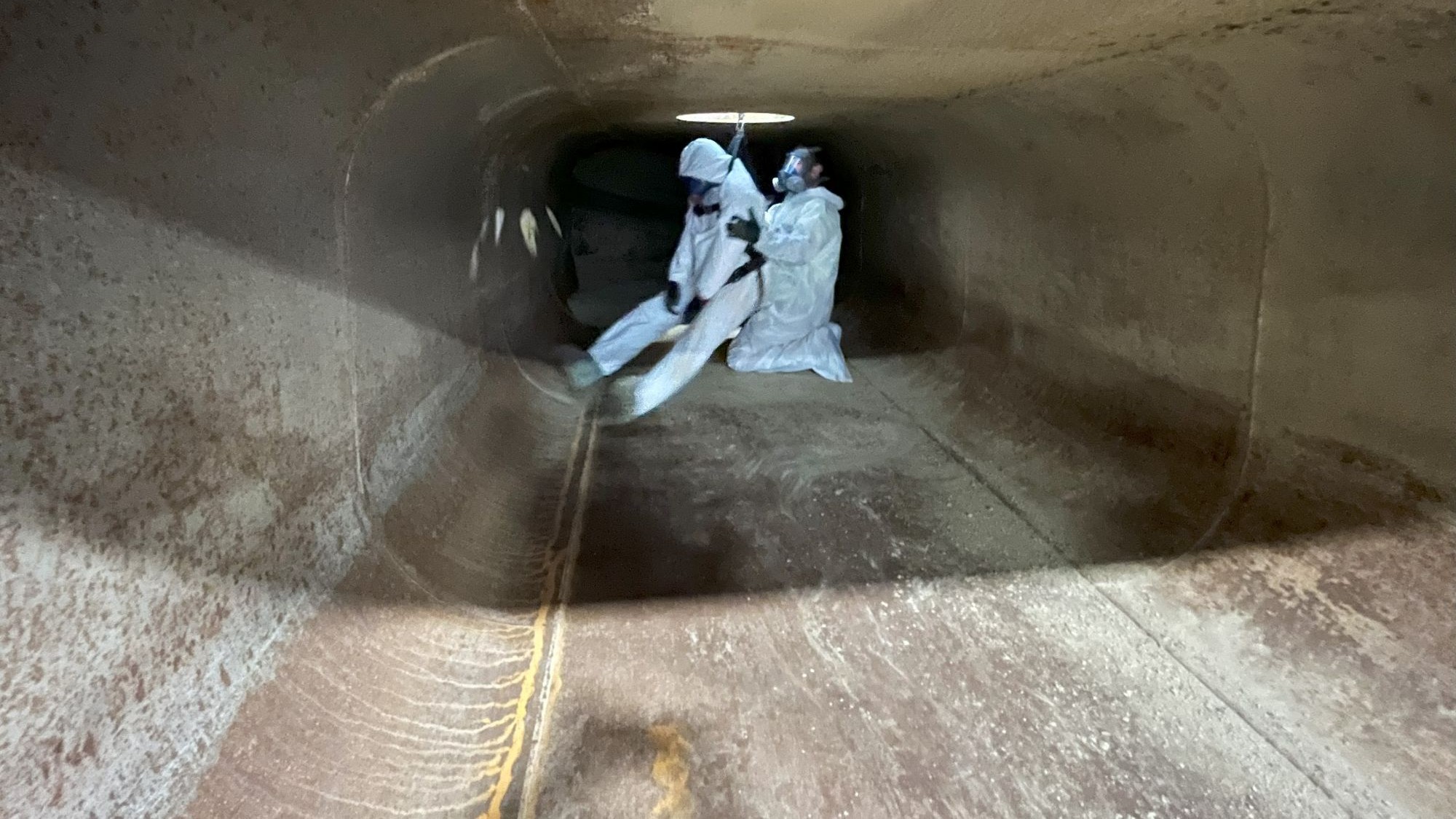Roadway oil spills have enormous costs. Beyond the accident itself, these spills can cause widespread environmental contamination, create local health hazards, and pull down the ire of local and federal regulatory agencies. Understanding the impacts and mitigating the risks is key for any company or agency involved in the transportation of petroleum products, including knowing what goes into quick spill response to avoid the worst of the impacts to roads and surrounding environs.
The Environmental and Human Cost of Roadway Oil Spills
It’s important to understand the massive impact that oil spills have to put into perspective the need to take all possible precautionary and response measures to stop it from happening. This includes the three major categories of impact below.
Soil and Water Contamination
Once oil leaves the asphalt and pavement, chances are it’ll infiltrate the soil and any bodies of water nearby. This includes groundwater, exacerbated by any rainfall before cleanup can be completed. This impacts both the environment and any drinking water linked to the site.
Impact on Wildlife and Vegetation
The toxic chemicals present in oil can inhibit or kill plant growth, including nearby trees. Wildlife, especially fish and amphibians, will suffer from both direct exposure or the ingestion of contaminants from tainted food or water, leading to sickness, death, and birth defects.
Community Health Risks
Oil spills can directly impact communities, including adults, children, and pets. Toxic chemicals can infiltrate drinking water or be spread by contact with soil or water in events like swimming. According to the National Oceanic and Atmospheric Administration (NOAA), exposure can lead to heart damage, stunted growth, immune system effects, and even death.
Prevention of Oil Spills on Roads
The three major causes of roadway oil spills are vehicle accidents, breakdowns, and leaking containers. Reducing the risk includes better training, maintenance, and oversight in the following categories:
- Roadway Safety: The biggest spills come from collisions, rollovers, and other traffic accidents. Supporting drivers with training and proper working conditions is key.
- Vehicle Safety: Truck maintenance is vital, including to avoid breakdowns on the road that lead to accidents and faulty machinery that can cause its own spills.
- Storage Safety: Improperly storing and transporting oil can also lead to leaks on the road and at facilities, including unsecured containers and overloaded vehicles.
What It Takes to Remediate an Oil Spill
Beyond the environmental cost is the very real financial cost of an oil spill, including governmental fines, especially due to improper cleanup. You will need both a rapid emergency spill response to contain the initial spill and a thorough oil remediation to clean up spills, especially those that get into water sources. With the initial timeline so important, many companies and transportation departments involved in the transport of oil look to contractors like NEDT to respond quickly.
NEDT prides itself on our 24/7 emergency chemical and oil spill response services that have served Massachusetts and New England for over 25 years, paired with our peerless hazardous waste site remediation services. Our teams are always ready and prepared, and we’ve built our business around our customers’ needs. Contact us today to learn more, calling us at 1.800.698.1865 for an immediate response or to build us into your next emergency response plan.



